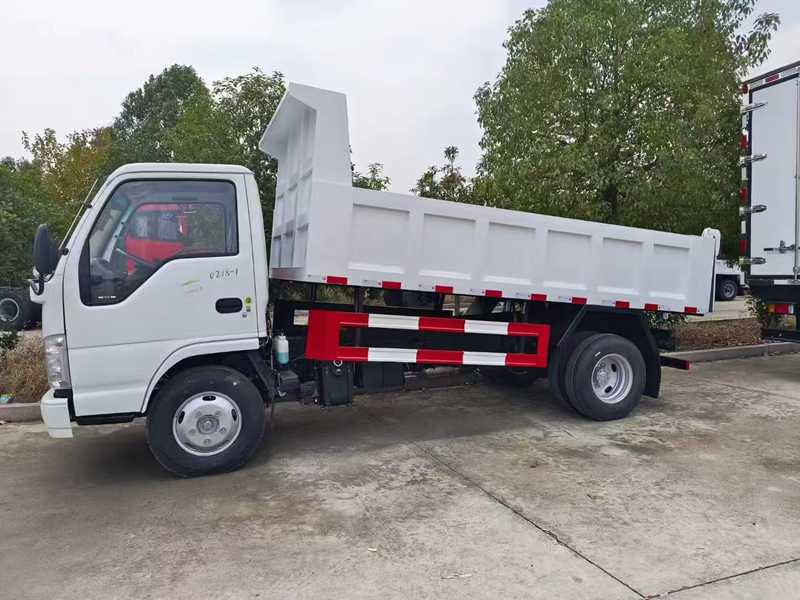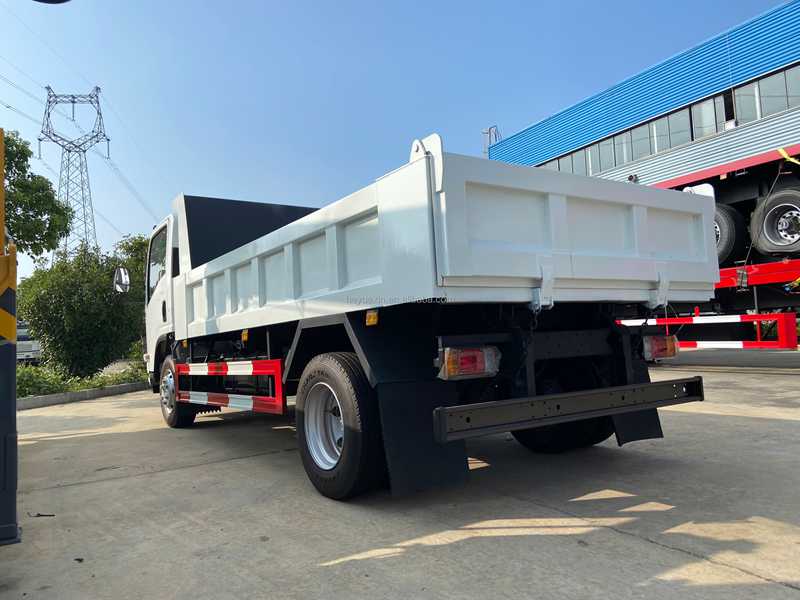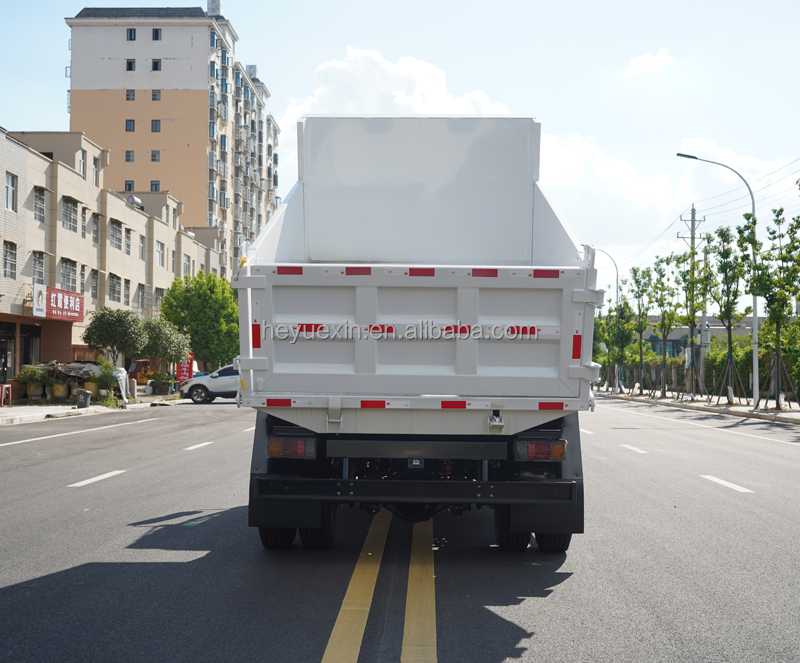

Chipper trucks are a pivotal component in the landscape management and recycling industries. They efficiently reduce tree limbs and brush into chips, streamlining waste disposal and repurposing processes. When on the hunt for the perfect chipper truck, it’s essential to consider power, capacity, and cost to ensure the vehicle aligns with your operational needs and financial plan.


The power of a chipper truck is determined by its engine size and the capacity of its chipping mechanism. A truck with a robust engine can handle larger diameter woods and operate more consistently under heavy loads.
The efficiency of the chipping mechanism is just as crucial as engine power. A well-designed mechanism ensures that the chipper truck can process materials quickly and effectively, reducing downtime and increasing productivity.

Capacity in chipper trucks refers to the size of the infeed hopper and the volume of the chip collection container. A larger capacity means less frequent emptying and more continuous operation.
The infeed hopper size dictates the maximum diameter of material the chipper can handle. It’s important to choose a size that matches the typical wood diameter you’ll be processing.
A larger collection container means fewer stops to unload chips. However, it’s a trade-off between operational efficiency and the truck’s maneuverability, especially in tight spaces.
The cost of chipper trucks can vary widely based on their size, brand, and features. It’s vital to balance the initial investment with the long-term returns on your investment.
Consider the purchase price, but also factor in financing options, depreciation, and the total cost of ownership over the expected lifespan of the truck.
Operational costs include fuel, maintenance, and potential repairs. A more powerful truck may have higher fuel consumption, but it could also lead to greater productivity and lower operational costs per hour.
Some brands and models of chipper trucks retain their value better than others. It’s wise to consider the potential resale value when making your purchase decision.
As technology advances, so do chipper trucks. Innovations in engine efficiency, material processing, and automation are shaping the future of the industry.
The push for greener technology has led to the development of hybrid and fully electric chipper trucks, which promise to reduce emissions and lower fuel costs.
Modern chipper trucks are equipped with smart sensors and operation systems that optimize performance and minimize downtime.
To make an informed decision, it’s beneficial to compare different chipper trucks available. Factors such as brand reputation, warranty, and after-sales service should also be part of your evaluation.
Established brands often have a network of service providers and a track record of reliability, which can be crucial for peace of mind.
A comprehensive warranty and responsive customer support can save money and reduce stress in the long run.
Choosing the right chipper truck is about matching the power, capacity, and cost to your specific needs. It’s a decision that will impact your operational efficiency, profitability, and environmental footprint. By carefully considering each factor and staying informed about industry trends, you’ll be well-equipped to make a choice that maximizes productivity and minimizes costs.